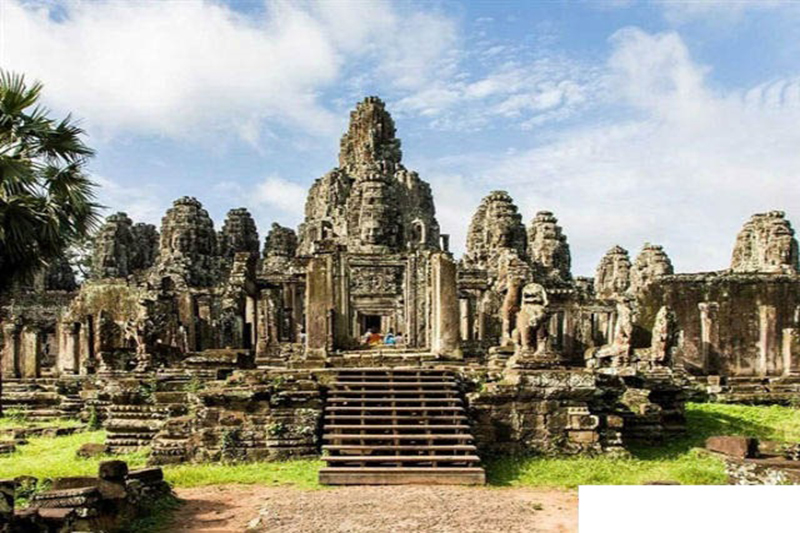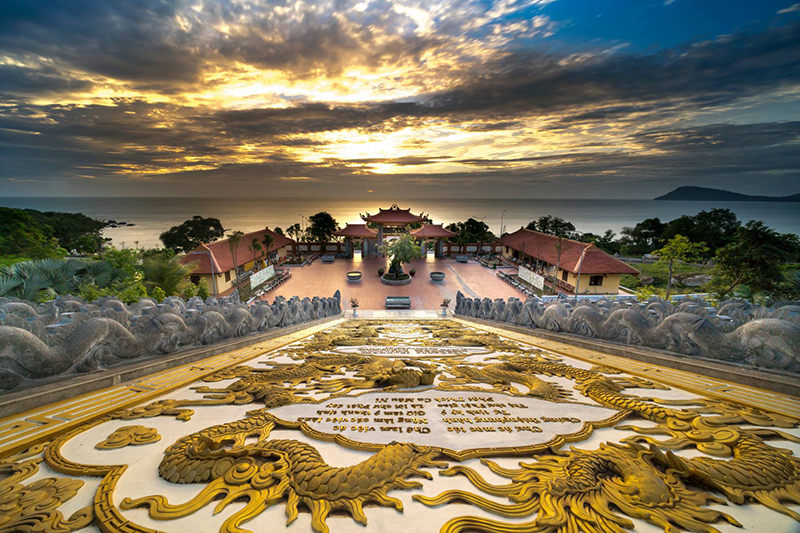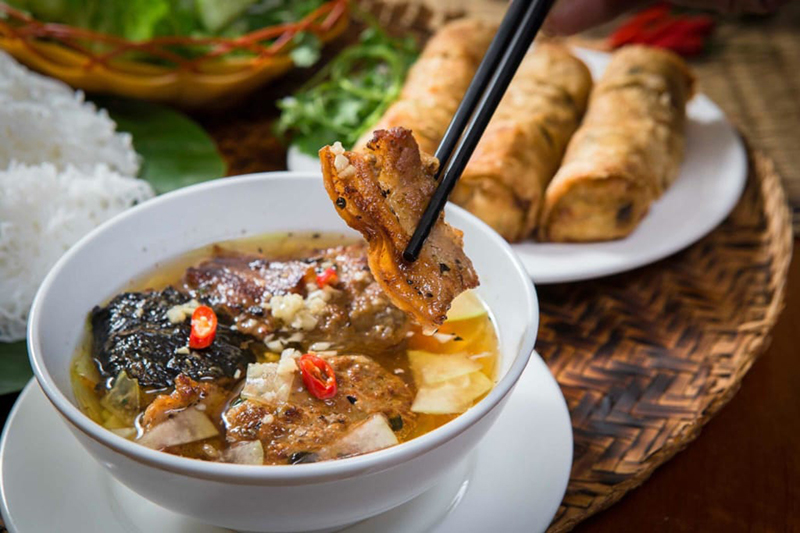-

Booking Tips for Hotels in Vietnam: What Every Traveler Should Know
-
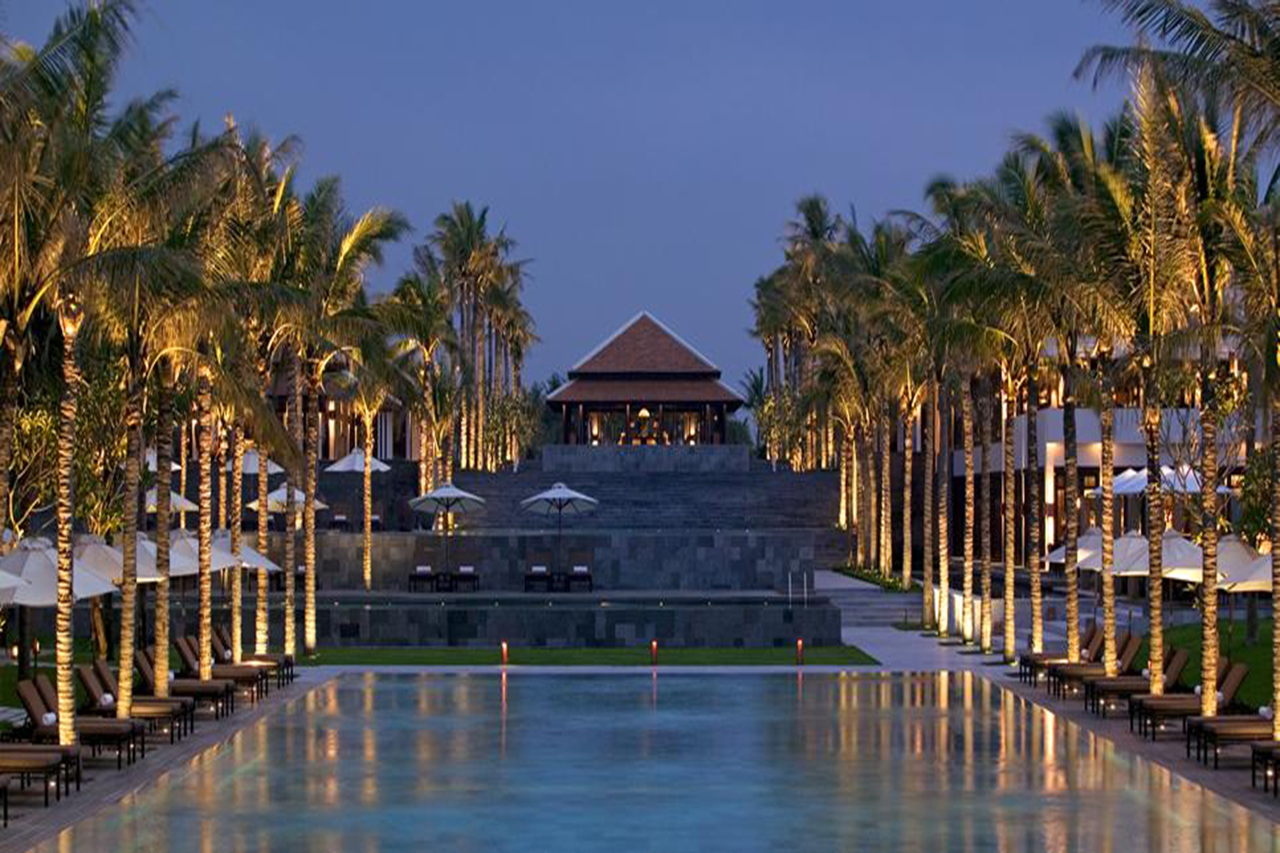
Exploring Local Culture Through Your Hotel Stay in Vietnam
-

Family-Friendly Hotels in Vietnam: Comfort for All Ages
-
.png)
Vietnamese Design Meets Global Comfort: Aesthetic Trends in Hotels
-
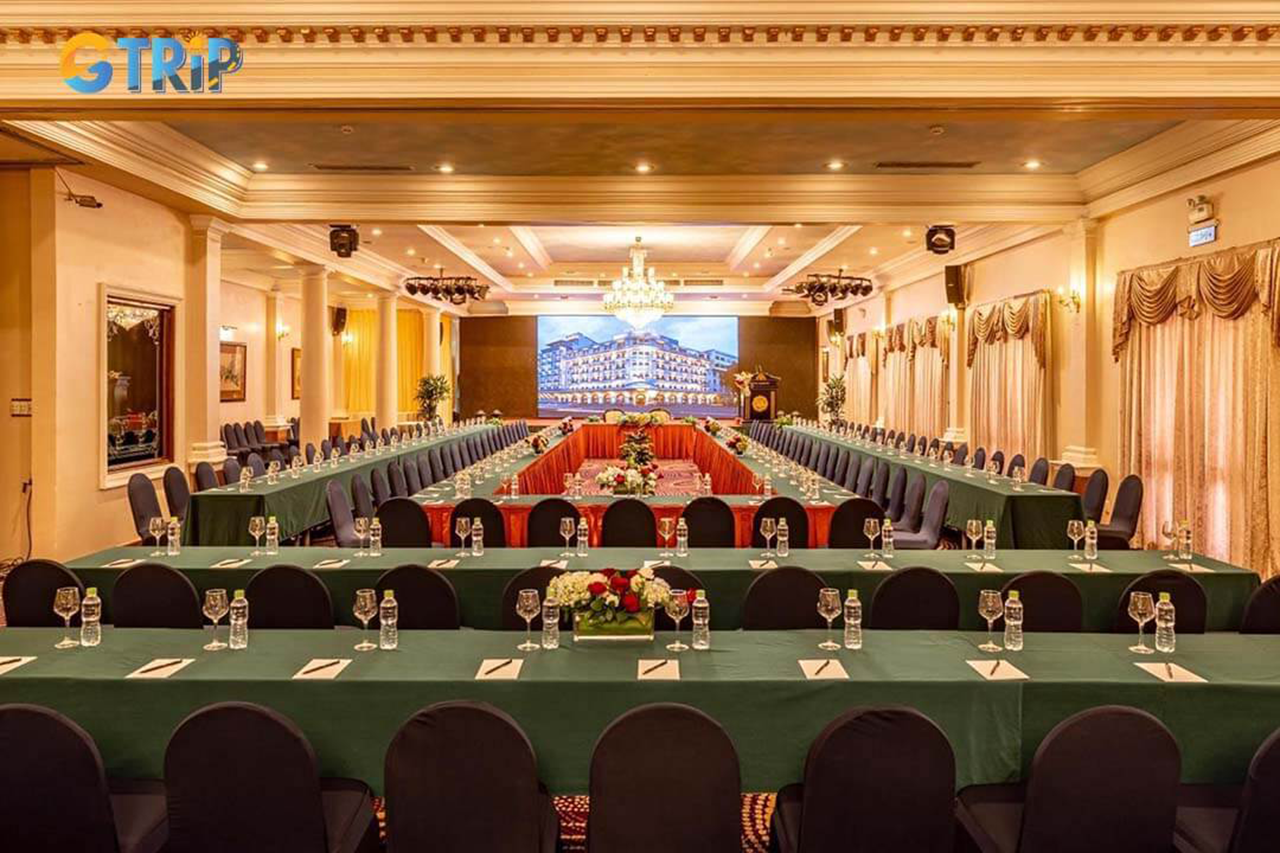
Business Travel in Vietnam: Hotels That Understand the Modern Professional
Exploring Local Culture Through Your Hotel Stay in Vietnam
1. Hotels as Gateways to Cultural Discovery
In Vietnam, a hotel stay can be more than just a place to rest—it can be a journey into the heart of the country’s culture. From architecture and interior design to food, music, and staff interactions, hotels are increasingly embracing their role as cultural ambassadors.
Rather than isolating guests from the local environment, Vietnam’s best hotels invite travelers to immerse themselves in authentic experiences that reflect the nation’s diverse heritage.
2. Staying in Style, Staying in Story
Hotels in Vietnam are often housed in buildings rich with history and narrative. Guests might sleep in a restored French colonial villa in Hanoi, a centuries-old wooden home in the highlands, or a contemporary resort that echoes the design of ancient imperial cities.
Cultural storytelling is woven into:
-
Room names (inspired by Vietnamese folklore)
-
Decor (local textiles, calligraphy, carvings)
-
Guest welcome rituals (tea, incense, traditional greetings)
Every stay becomes a chapter in Vietnam’s living story.
3. Local Cuisine, From Kitchen to Table
Vietnamese cuisine is one of the country’s greatest cultural assets—and hotels play a vital role in sharing it.
Through their dining experiences, guests are invited to:
-
Savor regional dishes made from local ingredients
-
Join cooking classes with hotel chefs
-
Explore market-to-table experiences and farm visits
-
Sample seasonal specialties like green rice (com) or Tet cakes (banh chung)
Food becomes not only nourishment but cultural education.
4. Cultural Activities On-Site
Many Vietnamese hotels now offer daily or weekly cultural activities for guests to enjoy, including:
-
Traditional music or water puppet performances
-
Vietnamese language crash courses
-
Bamboo weaving, pottery, or lantern-making workshops
-
Tea ceremonies and calligraphy lessons
These curated activities turn your hotel into a cultural classroom—fun, hands-on, and meaningful.
5. Staff as Cultural Connectors
Hotel staff in Vietnam are often more than service providers. They are storytellers, teachers, and cultural interpreters.
Guests frequently benefit from:
-
Personal anecdotes about customs, festivals, or family traditions
-
Tips on etiquette and respectful behavior
-
Recommendations to local temples, pagodas, or artisans
A conversation with a concierge or housekeeper can open a window into local life.
6. Regional Identity, Room by Room
Each region of Vietnam has its own language accents, rituals, crafts, and history—and hotels reflect this beautifully:
-
Northern hotels might feature Tho cam (brocade) from ethnic groups
-
Central hotels might incorporate imperial hues and lanterns
-
Southern resorts could highlight floating market culture or Mekong delta art
This regional storytelling creates variety and deepens cultural understanding as travelers move across the country.
7. Community Engagement and Social Impact
Cultural immersion often goes hand-in-hand with community engagement. Many hotels support local initiatives and provide ways for guests to give back or connect meaningfully.
Examples:
-
Supporting minority-owned craft cooperatives
-
Hosting exhibitions of local artists or musicians
-
Organizing volunteer days or school visits
-
Revenue-sharing with surrounding villages for tourism development
This creates a virtuous cycle between hospitality and heritage.
8. Temple Tours and Spiritual Exploration
Vietnam is a land steeped in Buddhism, ancestor worship, and animism. Hotels often help guests respectfully explore these spiritual dimensions.
Services may include:
-
Guided visits to nearby temples or shrines
-
Meditation sessions or mindfulness retreats
-
Cultural explanations of altars, incense rituals, and lunar festivals
This spiritual lens provides depth and soul to any cultural journey.
9. Celebrating Vietnamese Festivals
Many hotels align their guest programming with local festivals. Guests staying during Tet (Lunar New Year), Mid-Autumn Festival, or Vu Lan (Ghost Festival) are often treated to:
-
Lion dances, traditional music, and festive meals
-
Red envelope (li xi) gifting traditions
-
Mooncake tastings or ancestor altar demonstrations
These celebrations bring local culture alive in real time.
10. A Journey that Stays with You
Cultural immersion doesn’t end at check-out. Hotels that prioritize local culture leave lasting impressions:
-
You might take home a handmade souvenir from a hotel workshop
-
Remember a heartfelt story from your housekeeper about Tet memories
-
Recreate a dish you learned in the hotel kitchen
In Vietnam, your hotel is not just where your day ends—it’s where your understanding begins. Through thoughtful design, meaningful activities, and genuine human connections, you don’t just visit Vietnamese culture. You live it.
Related articles

